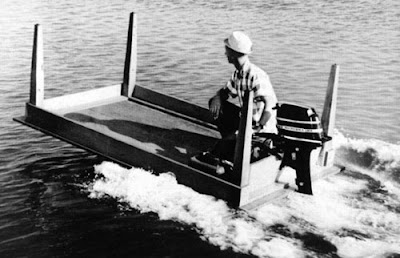- Messages
- 22,171
- Reaction score
- 2,790
- # of dives
- 5000 - ∞
Tusa or Tekna?
Welcome to ScubaBoard, the world's largest scuba diving community. Registration is not required to read the forums, but we encourage you to join. Joining has its benefits and enables you to participate in the discussions.
Benefits of registering include

An interesting sidelight to this discussion is that in the 1950s the Navy commissioned the construction of a pneumatic device that is now generally know as the "Foxborough Dive Computer." It was similar to the SOS/ScubaPro "bend-o-matic" device and failed badly when tested. Later analysis demonstrated that it had not been constructed properly and that the concept of half-time was not properly translated into diffusivity. Had materials of the correct diffusivity been used, the device would have functioned fine, the U.S. Navy Standard Air Tables would likely never have been developed and we'd all have been diving computers from day one.

